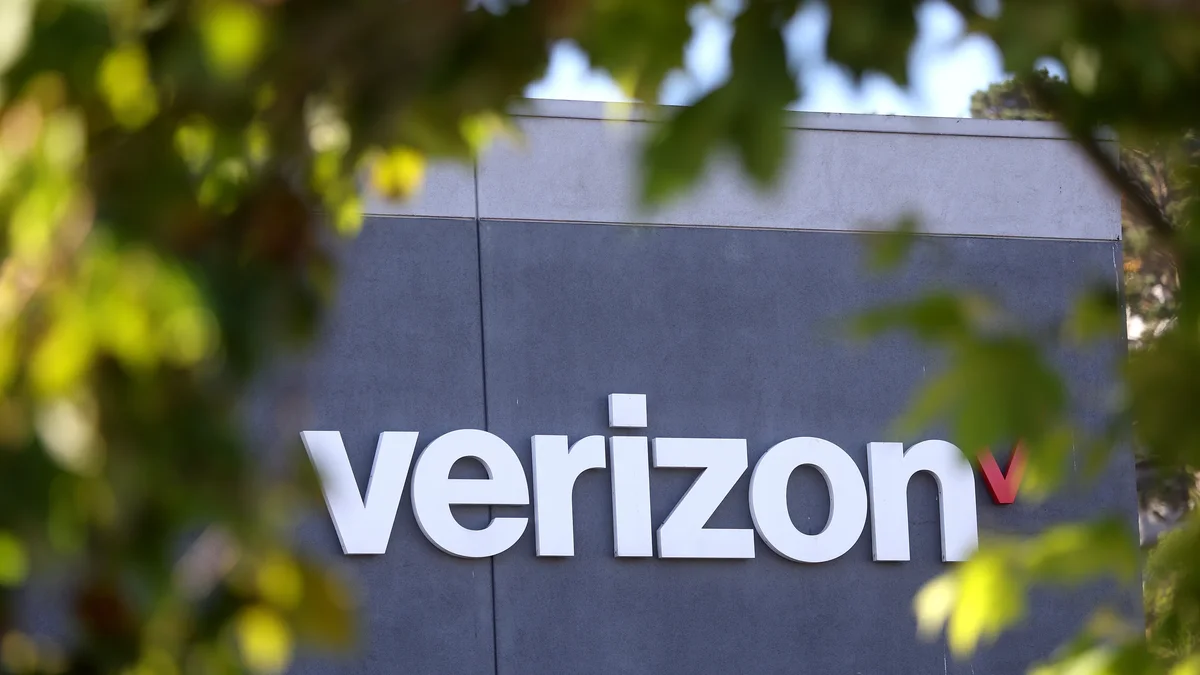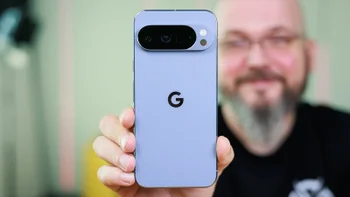Verizon wants to keep customers locked to its network for longer
Verizon has urged the FCC to waive the 60-day unlocking policy it agreed to in 2008.

Verizon has requested that the Federal Communications Commission (FCC) free it from the requirement to unlock phones 60 days after activation.
When you buy a phone through a carrier, it's usually locked to that company's network for a predetermined period, preventing you from using the handset on another network.
As Light Reading notes, when Verizon purchased 700MHz spectrum in 2008, it agreed to unlock phones after 60 days. The FCC upheld this condition when approving the company's acquisition of Tracfone in 2021.
Verizon has argued that it should be freed from this obligation as it only harms consumers, competition, and the company itself.
Verizon believes it isn't fair that it's one of the only few companies subject to this requirement. It also points out that all carriers have different locking practices, mainly because the FCC adopts requirements according to circumstances specific to each provider. For instance, T-Mobile was asked to commit to a 60-day unlocking period for MVNOs Mint and Ultra which it acquired last year
The FCC proposed a rule last year that would introduce a uniform unlocking policy of 60 days. T-Mobile and AT&T have voiced disapproval of the policy, arguing it would impact their ability to combat fraud and offer device subsidies.
Verizon also claims that the policy makes it easier for criminal organizations to traffick subsidized devices from the US to foreign countries. Verizon says it loses hundreds of millions of dollars every year from subsidies paid to fraudsters. A 60-day locking period is not enough to deter device fraud, according to the company. Verizon states that since it's one of the few companies subject to a 60-day unlocking period, it has become the main target of such fraud.
According to an analysis by the Brattle Group, there was a "sharp increase in the number of TracFone devices that deactivated before making enough payments for Verizon to recover the subsidy on the device" after the unlocking period was reduced from 365 days to 60 days.
The company also says the unlocking rule is outdated and the industry has evolved a lot since its introduction 18 years ago. At that time, carriers subsidized phones and required customers to commit to multi-year service contracts to recoup the cost of discounts. Customers who wished to leave early were charged a termination fee.
The company says the 60-day rule impedes its ability to discount devices and compete aggressively for price-sensitive consumers, particularly in the prepaid market.
Interestingly, the company hasn't said it will increase subsidies if the rule is waived. Instead, it says the removal of the rule will allow it to "more effectively
deploy subsidies and other mechanisms to make phones more affordable, lower upfront costs, and enable customers to obtain quality, cutting-edge devices."
Lastly, Verizon says that the FCC might be overreaching its authority by imposing rules like this.
The company expects the Commission to rescind the requirement until an industry-wide unlocking policy is officially introduced. Verizon hasn't said how long it wants to keep phones locked, but notes in its filing that the industry standard is a minimum of six months.
When you buy a phone through a carrier, it's usually locked to that company's network for a predetermined period, preventing you from using the handset on another network.
Verizon has argued that it should be freed from this obligation as it only harms consumers, competition, and the company itself.
Waiving the rule also will benefit competition because it will eliminate the distorted playing field that currently exists, and which hampers Verizon’s ability to compete more aggressively, including through handset subsidies.
—Verizon, May 2025
According to an analysis by the Brattle Group, there was a "sharp increase in the number of TracFone devices that deactivated before making enough payments for Verizon to recover the subsidy on the device" after the unlocking period was reduced from 365 days to 60 days.
The Commission adopted the C-Block rules, including the Unlocking Rule, as an experiment to address concerns that arose in the early days of the modern smartphone. The concerns about the nascent wireless broadband and smartphone marketplace that animated the adoption of that rule — such as new iPhones being designed to work exclusively on one provider’s network or restrictive “walled gardens” for applications — no longer apply today.
—Verizon, May 2025
deploy subsidies and other mechanisms to make phones more affordable, lower upfront costs, and enable customers to obtain quality, cutting-edge devices."
Lastly, Verizon says that the FCC might be overreaching its authority by imposing rules like this.
The company expects the Commission to rescind the requirement until an industry-wide unlocking policy is officially introduced. Verizon hasn't said how long it wants to keep phones locked, but notes in its filing that the industry standard is a minimum of six months.
In the postpaid segment, most providers keep their devices sold to customers locked until devices are paid off, thus protecting themselves as they subsidize devices for their customers. In the prepaid segment, carriers generally lock devices for a minimum of 180 days or more.
—Verizon, May 2025
Follow us on Google News












Things that are NOT allowed:
To help keep our community safe and free from spam, we apply temporary limits to newly created accounts: